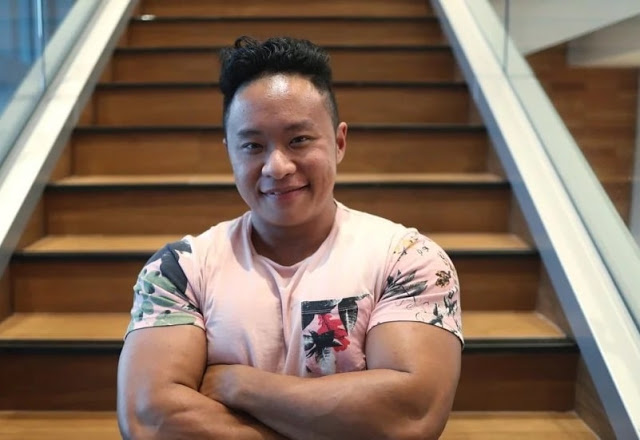by Staff writer
Menstruation is still a taboo subject in many cultures, so you can imagine how awkward it must be for transgender men to talk about having periods.
After transitioning and now looking everything like a man, most transgender men still go on to menstruate.
Hong Kong competitive bodybuilder and gender studies scholar Law Siu-fung was born female but now identifies as gender-queer, and is seen as male in social settings.
“Menstruation is rarely spoken about within the transgender community, especially with trans male individuals,” says Law.
“They may experience pain and discomfort, but feel like they cannot speak to doctors about it, in fear of being exposed as a transgender,” says Law.
“On top of that, some doctors might not be the most understanding.”
Despite acceptance from her own family and friends, Law has been subject to rude interrogations by others. She recalls a time when she was questioned by a health care professional during a body check-up.
“My doctor told me I was too ‘masculine’, and made some comments about my gender expression,” she says. “She told me, if I menstruate, that means I’m a woman.”
“I tend to laugh these comments off, and try to help people understand that some of us are different.”
Public toilets prove to be another concern, as there are no means to dispose of sanitary products in male restrooms.
“It can be very embarrassing when – as a trans male – you have to use a public toilet during your period,” says Law.
“Sometimes you just have to wrap the item in loads of tissue, and hold it until you find a dustbin.”
For Brenda Alegre, a university lecturer and transgender woman who was born and raised in Manila (the capital of the Philippines), her relationship with menstruation was much different.
“I wasn’t born with a vagina, and I don’t menstruate, so I’ve had to justify myself to others as female my whole life,” she says.
Alegre never identified as male, and recalls that as a young trans woman, she thought she would feel more feminine if she wore sanitary pads.
 |
| Brenda Alegre was born male before transitioning. |
“In the Philippines, ads were very glamorized and featured beautiful celebrities. I remember watching them and thinking that I’d be more womanlike if I used them,” she reminisces.
Alegre would – when she could afford to – wear sanitary pads to feel more confident of her femininity.
Some trans women even take it one step further and use food dyes to mimic period blood.
“It’s a way for them to experience menstruation, in some shape or form,” says Alegre.
Alegre says there is a need to change how sex and gender is taught in schools.
“We need to have a more inclusive approach to sex education,” she says.
***
Credit: The South China Morning Post




